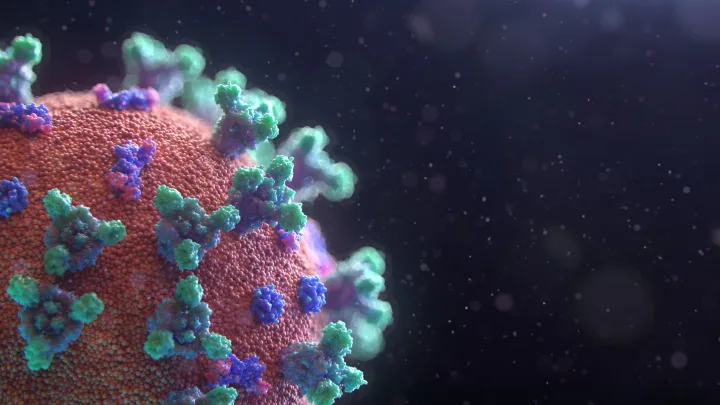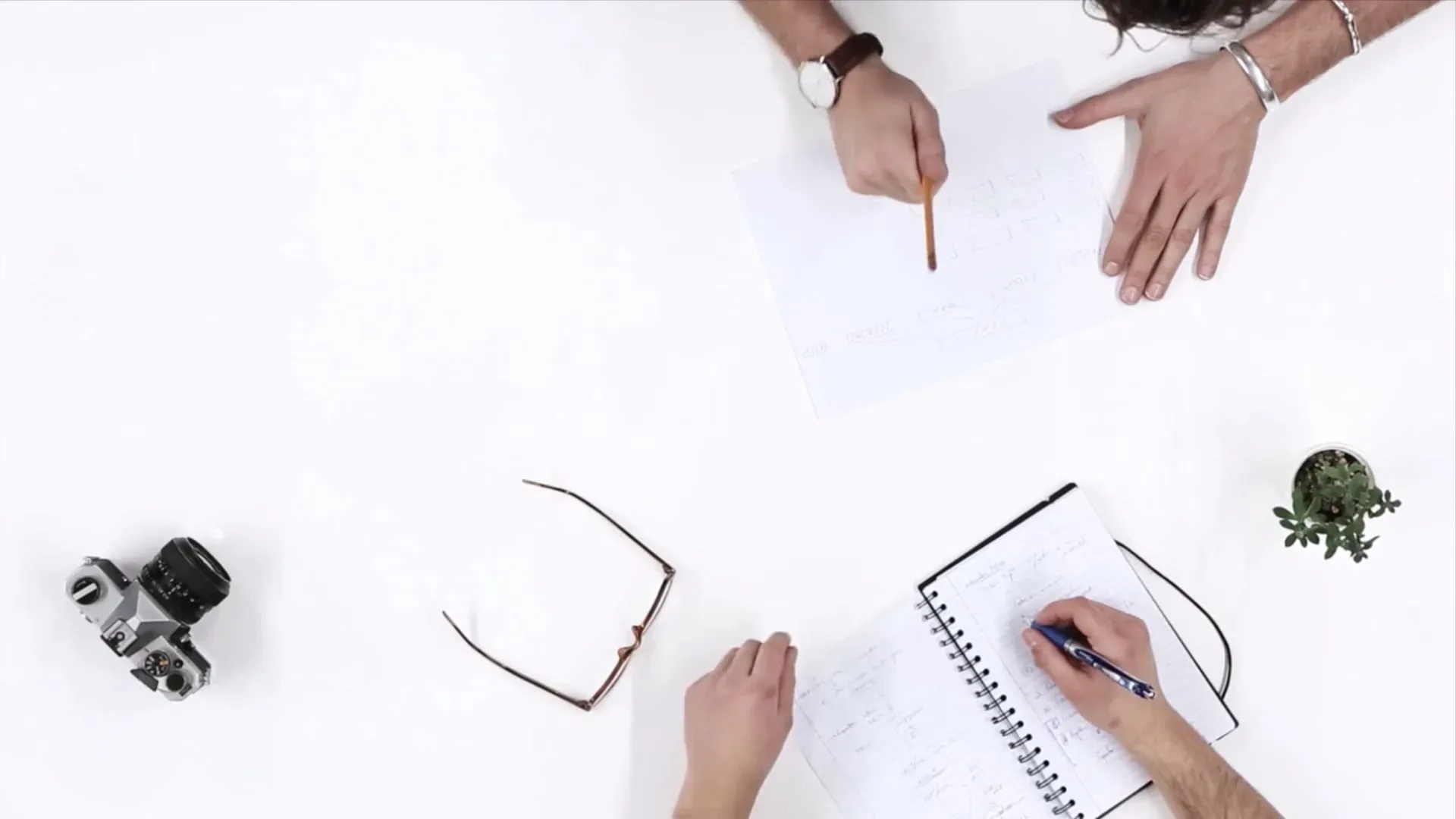Coronavirus has been declared a global pandemic by the World Health Organization. As nations continue to take measures to curb the spread of the disease, the average person could use more information on how the disease is spread, and how to stay safe. Read on to learn more.
Table of Contents
What is coronavirus
Coronaviruses are a family of infectious viruses that cause diseases ranging from the common cold to more severe respiratory disease. Coronaviruses come from animals, and some of them can be transferred to humans. What are the symptoms of Coronavirus?
People may experience the following symptoms from Coronavirus (Covid-19):
- Cough
- Runny nose
- Fever
- Pneumonia
- Sore throat
- Difficulty breathing
How cannabis users can stay safe around coronavirus
Cannabis users have a relatively high risk of acquiring Covid-19 especially when using it socially with friends. Now that the authorities are restricting movement to reduce the spread of Covid-19, it’s possible that cannabis enthusiasts will continue using their favorite recreational drug as a way to pass time. To avoid infection, follow these tips:
Wash your hands frequently
Hand washing is the simplest and most effective method of preventing infection of Covid-19. When you go out, you come into contact with surfaces that hundreds have touched, maybe thousands of other people – and there is a possibility that one or more of these people have the virus. To prevent transmission, it is recommended that you wash your hands frequently during the course of the day, and if possible, use a disinfectant like a hand sanitizer when you can’t find water.
Wash your hands for at least 20 seconds and wash before and after using the bathroom. Another thing you can do to keep hands clean is avoid handshakes. It may seem rude, but most people will understand you’re just trying to stay healthy and prevent transmission of a disease. And finally, don’t touch your face unless your hands are perfectly clean. People become infected through contact with the mouth, nose, and eyes. So, avoid touching these as you go about your day.
Be cautious with drugs, alcohol and cannabis around COVID-19
We don’t currently have information about possible drug interactions with Covid-19; however, health experts recommend that people remain cautious when taking alcohol and drugs – especially since these are social drugs and may encourage the spread of disease. The health impact of overdrinking may also increase the chance of getting a viral infection; so, moderation is key here.
Stop sharing joints, blunts, and bongs
Part of the pleasure of smoking marijuana is sharing it with friends and having a good time. However, there is a risk that an infected person could unknowingly transmit the disease to others. Many Covid-19 cases are asymptomatic initially, but individuals can still be contagious. To minimize the risk of infection, refrain from sharing bongs and joints.
Be careful when making physical contact with others
The WHO suggests that we keep a distance of one meter when interacting with people. This may not always be possible, but you can find ways to keep yourself protected when you come into contact with other people. We have a few tips for practicing social distancing:
- Work from home if possible.
- Reduce trips to public places.
- Keep a distance of 1 meter (6 feet) between you and other people.
- Plan ahead for groceries, medication, and other essentials.
- Postpone events or cancel.
How to use CBD for treating canine coronavirus?
Did you know that dogs can get Coronavirus? Canine Coronavirus (CCV) is specific to dogs and highly contagious. Symptoms include low energy, fever, loss of appetite, and diarrhea. Traditionally, dogs are treated with fluids, rest, and antibiotics.
Cannabidiol (CBD) has antiviral and anti-inflammatory effects, which may be useful in treating Canine Coronavirus. When used to treat Coronavirus, CBD can provide relief to your dog by preventing nausea, inflammation, pain, and anxiety.
Disclaimer: The information provided is for educational purposes only and should not replace professional medical advice. Please consult with a healthcare professional before making any decisions regarding your health or the health of your pets.





Share Your Thoughts